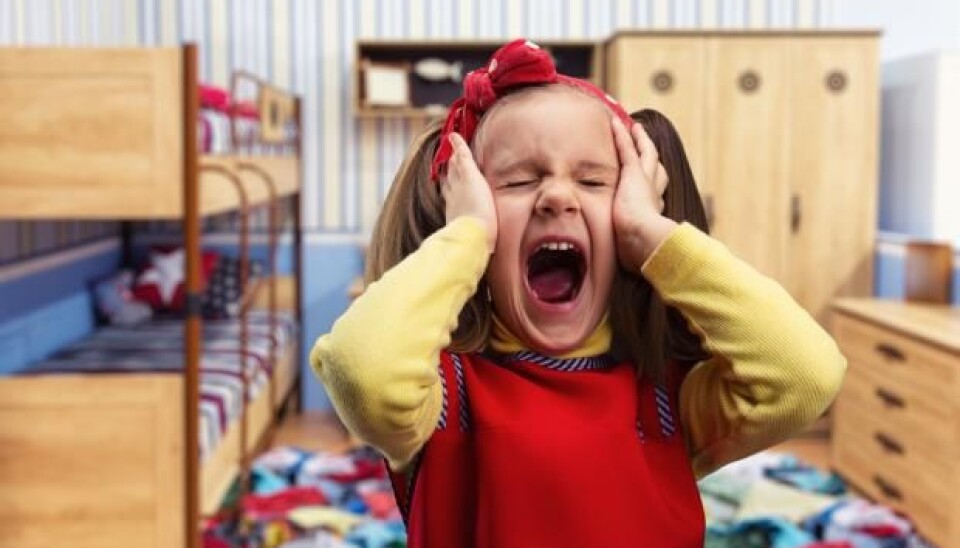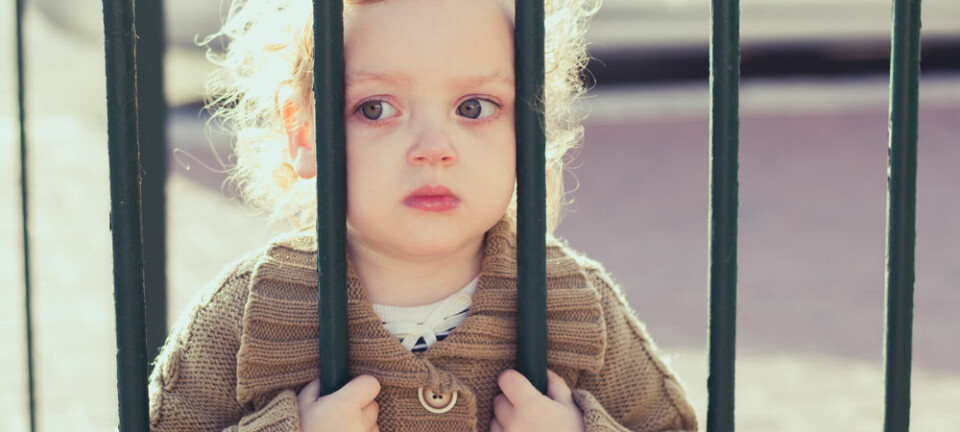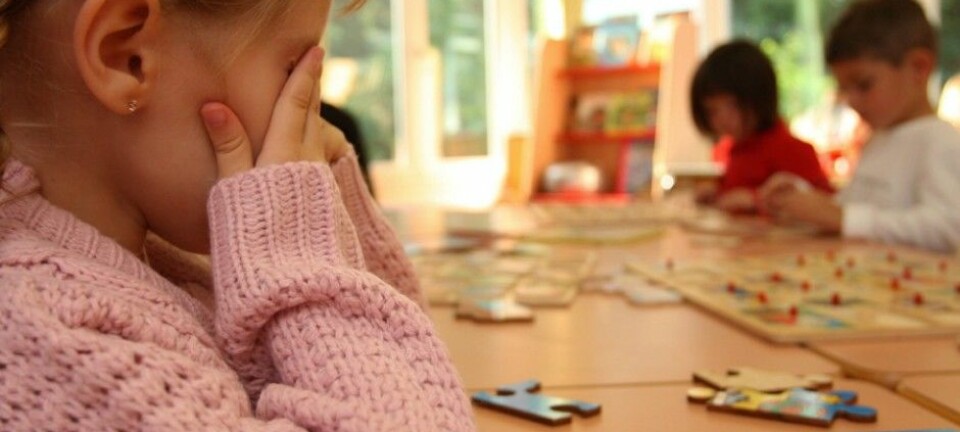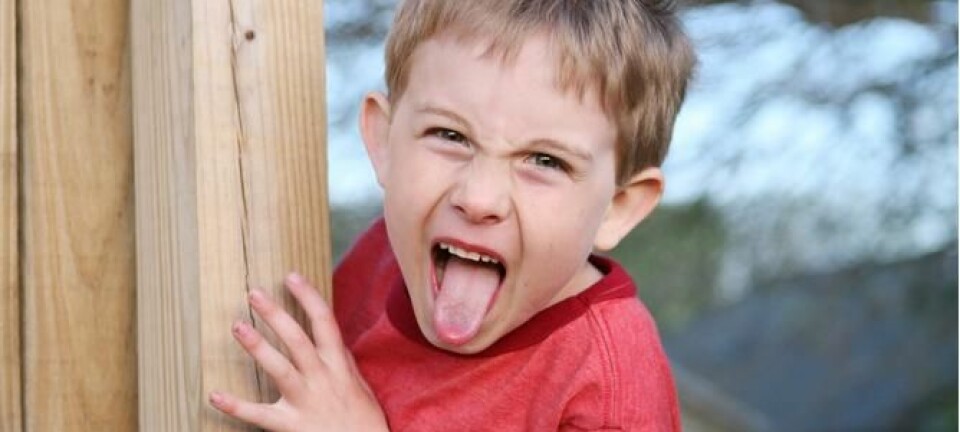
App calms ADHD children before bedtime
A new app helps parents of children with ADHD to cope with daily tasks that are often a source of frustration and stress, such as bedtime. Preliminary results look promising.
Scientists have designed an app to help parents of children with Attention Deficit Hyperactivity Disorder (ADHD) plan their kid’s daily schedule. Preliminary results of the app look promising and it should help parents with particularly tricky tasks around bedtime.
“There is yelling and screaming from all sides, even from ours, up until the last half hour before he sleeps or is in his bed. There have been times when I almost didn’t have the strength to put him to bed,” says one of the mothers who tried the new app, when interviewed as part of the new research.
”Many parents of children with ADHD dread bedtime. The children are often agitated and impulsive and that creates frustration in everyday life; especially in the morning and at bedtime,” says lead-author Tobias Sonne, a PhD student, at the Department of Computer Science, Aarhus University, Denmark.
Soone and his colleagues are developing a research-based smartphone app, which will provide structure and establish healthy morning and bedtime routines to reduce stress levels and frustrations for mum, dad, and the child.
App structures evening routine

Parents often find it hard to create a calm and structured bedtime routine. The app helps them by guiding both children and parents through several tasks before the child goes to sleep, which are decided upon by the families themselves.
For example, the parents have to remind the child when it is nearly bedtime, and when to put out their nightwear.
The children have their own lists of what they have to do: for instance pack their schoolbags, put out nightwear, or say goodnight to the dog. They receive a reward when they have finished their tasks.
So far, the app has been tested as a pilot project on 13 families with children aged 6 to 12 years. The parents rated how independent their children were and how stressful their bedtime routine was, 14 days before and after they tried the app.
”We asked the parents to evaluate how frustrated and stressed they felt every day. It’s unbelievable how much things changed in a positive way,” says Sonne.
Reduced ADHD symptoms
It is a great use of technology, says Clinical Professor Per Hove Thomsen from the Psychiatric Hospital for Children and Adolescents, Aarhus University.
”It’s a continuation of what has been discussed [between the parents and] the doctor or psychologist. New technology is great in this context, so I regard it as an absolute benefit,” says Thomsen.
But Thomsen points out that the study is still in the early stages as a pilot project, and only looks at a short time period with just a few participating families.
Preliminary results show that the parents consider the children more independent and that they feel less frustrated during their morning and bedtime routines.
The questionnaires showed that children were getting better sleep and that they experienced fewer ADHD symptoms.
”We found something that we didn’t expect to find--a reduction in ADHD symptoms. 7 out of the 13 children took medication and the medication ought to have reduced the symptoms. So I believe the technology is a potential supplement to the traditional medical treatment,” says Sonne.
But this is still just the first step. The scientists now need to fine-tune the app and test it further.
-------------
Read the Danish version of this story on Videnskab.dk
Translated by: Stephanie Lammers-Clark








